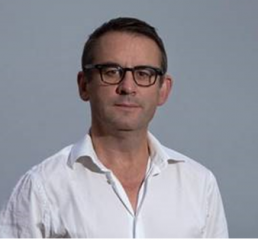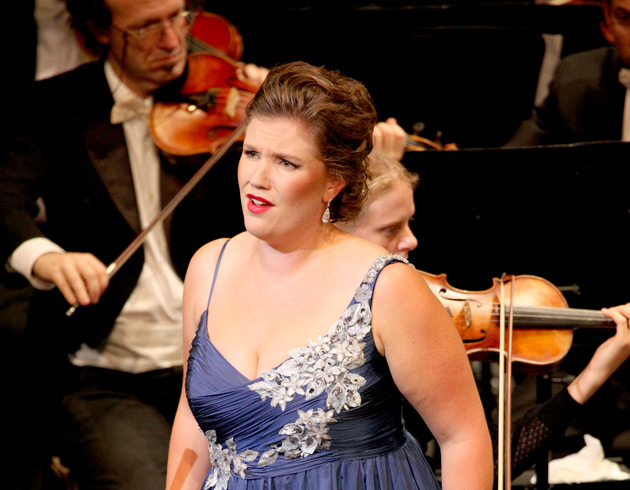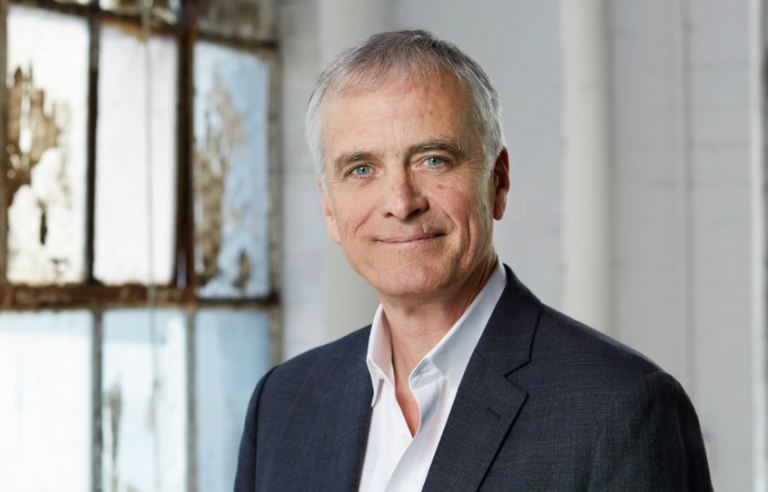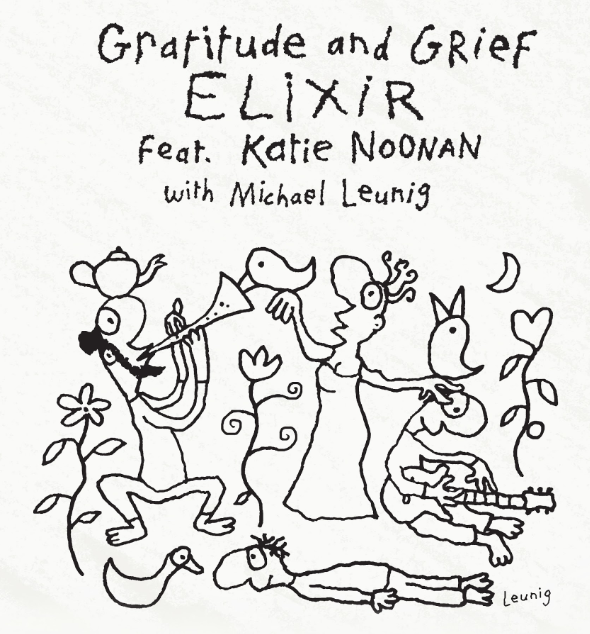Breaking News: Paul Kildea Appointed Musica Viva’s New Artistic Director

In breaking news, Musica Viva Australia today celebrates the appointment of Paul Kildea as its incoming Artistic Director.
Originally from Canberra and now based in Melbourne, the internationally acclaimed musician and author will assume artistic leadership of the organisation in mid-2019 following the remarkable twenty-year tenure of Carl Vine AO, which concludes at the end of this year.
In a newly expanded role, Paul Kildea will be responsible for creating an artistic vision for all Musica Viva’s extensive activities, including its concerts programs, artist development projects as well as the country’s largest private music education program. Last year, across all its activities, Musica Viva reached over 388,000 Australians.
Kildea brings extensive local and international expertise to the role. He trained as a conductor in Opera Australia’s Young Artist Program and was subsequently appointed Head of Music at the Aldeburgh Festival in the UK and director of the chamber music series at the Perth International Arts Festival. He is also a former Artistic Director of both the Four Winds Festival in New South Wales and London’s Wigmore Hall, where he revitalised the artistic program, giving Hall debuts to artists as diverse as Allan Clayton, Nina Stemme, Elisabeth Leonskaja, Cédric Tiberghien, Brad Mehldau, the Doric Quartet and Quatuor Ébène.
Kildea holds a doctorate from Oxford University in addition to honours and master’s degrees in piano performance and musicology from The University of Melbourne, where he is now an Honorary Principal Fellow. He is recognised internationally as an expert on Britten: in 2013 Penguin published Benjamin Britten: A Life in the Twentieth Century to enormous critical acclaim; it is now widely considered the definitive book on the subject. Sovereign Films recently acquired global film rights to his latest book, Chopin’s Piano: A Journey Through Romanticism (Penguin, 2018).
Kildea approaches that tradition with great respect: ‘No one knew just how bad things would become when, in February 1939, the Jewish violist Richard Goldner fled Vienna for Sydney,’ he says. ‘Like so many émigrés in our part of the world in the post-war tumult, Goldner transformed his profound sense of loss into astonishing optimism, and with the formation of Musica Viva in 1945 he altered the very fabric of Australian society. Since then Musica Viva has educated so many in the untrammelled joy of beautiful performances, ably fulfilling its stated purpose: “to make Australia a more musical place”.’
‘It is thus an enormous privilege to follow in Goldner’s footsteps – and indeed those of his distinguished successors, most recently and eminently Carl Vine. I do so with the same sense of optimism that has characterised Musica Viva’s programming and purpose since its founding: a conviction that great music and musicians make the world a better place.’






